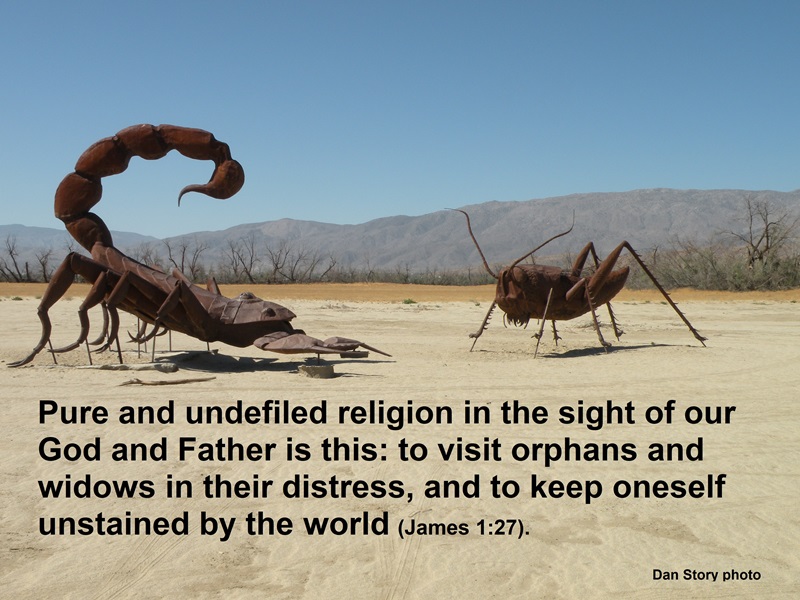
Part Three: Why Many Christians Fail to Respond Successfully to America’s Cultural War—and Don’t Even Realize It.
Historians refer to the 21st century as “post-Christian.” This means the Christian worldview has been virtually shoved off center stage as the guiding moral and spiritual light in America. In its place, the reigning worldview is godless, human-centered, naturalistic, secular postmodernism. In last week’s blog, we examined two of three ways the Church responded to America’s cultural war since it began in the early 20th century—neither had success. This week’s blog post examines the third response, which started in the late 20th century and continues into the 21st century.
This third response to the cultural war is the most prevalent today. Increasing numbers of Christians, including evangelicals, accept a dualistic approach to life. They maintain well-defined boundaries between the spiritual and the secular components of their lives and function within each compartment according to the activities in which they engage.
For example, during church-related functions, they maintain strict biblical values. In discussing such prominent moral issues of our times as abortion and homosexuality, they endorse biblical values. They support missionaries, encourage evangelism, and give generously to Christian causes. But at school and work, and while enjoying entertainment, these same Christians behave according to secular values. They compartmentalize the religious and secular aspects of their lives into separate, independent categories. The spiritual side is privatized and confined mainly to church. The secular side governs everything else. It’s not uncommon for Christians to go to church on Sunday morning and later watch movies full of gratuitous sex, vulgarity, and graphic violence—and fail to see any inconsistencies with their biblical values.
The sad fact is, none of these three approaches to secularism—accommodation, isolation, or dualism—will win (or have won) any battles in the cultural war. Certainly, the early Church did not use these strategies to fight its own culture war with the Romans. They did not accommodate, did not isolate, and did not live dualistic lives. Instead, they engaged the culture and eventually transformed most of the pagan Roman world into a Christianized world through God’s power.
Engaging the Culture
We’re now about two thousand years removed from the first-century Christian church. We live in an entirely different and vastly more sophisticated culture and face even more challenges to Christianity than first-century Christians encountered. Nevertheless, we can successfully engage in today’s culture war—and do so the same way Christians successfully did during the first centuries of the Church. We put on our spiritual armor (Eph. 6:10-17), share the Gospel, live holy lives, and challenge the prevailing intellectual beliefs of our times through apologetics—just as the Apostle Paul did with the Greek philosophers in Athens some two thousand years ago (Romans 17). ©
Next week I’ll continue this series with effective apologetic responses to secular postmodernism.